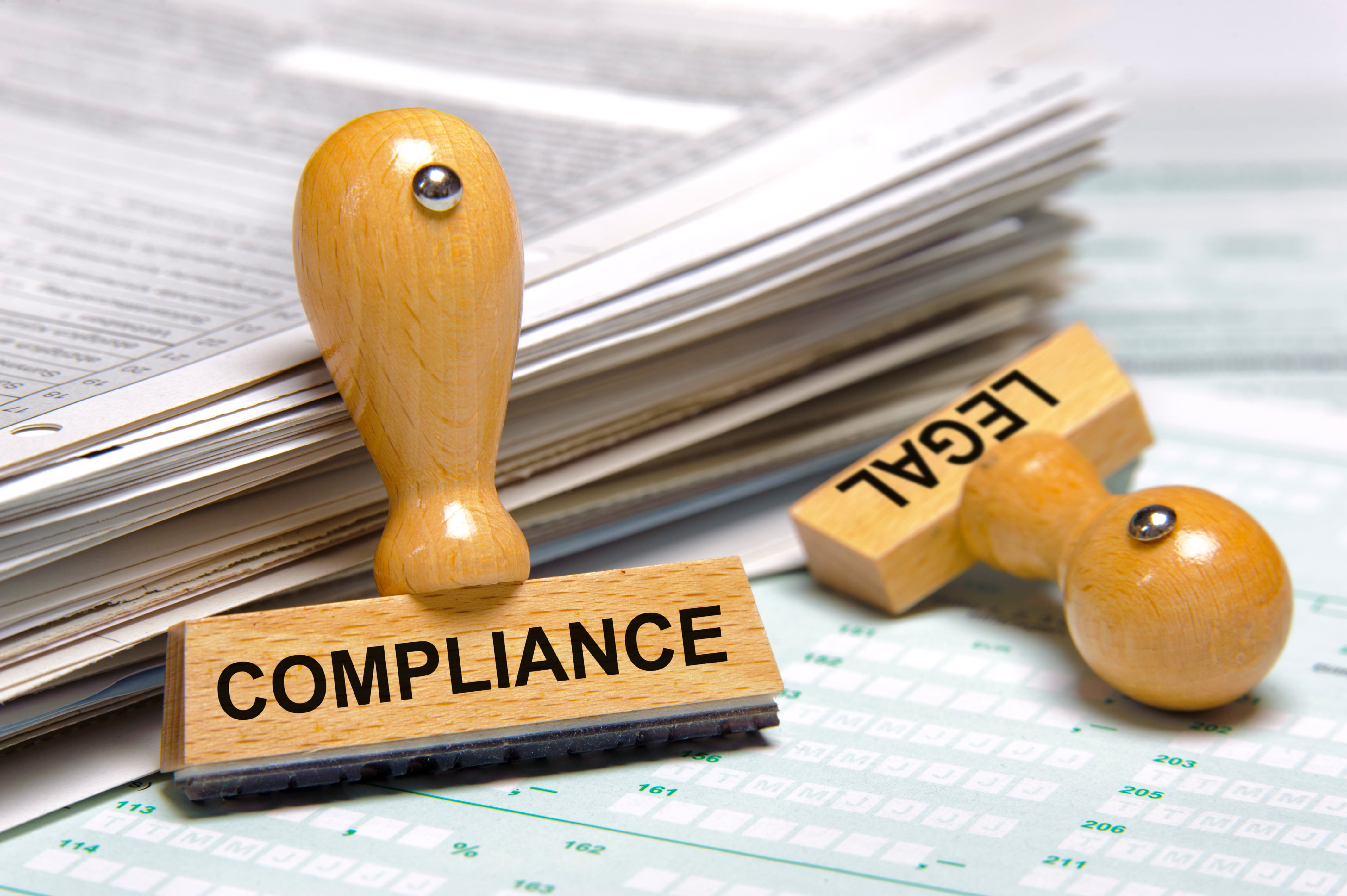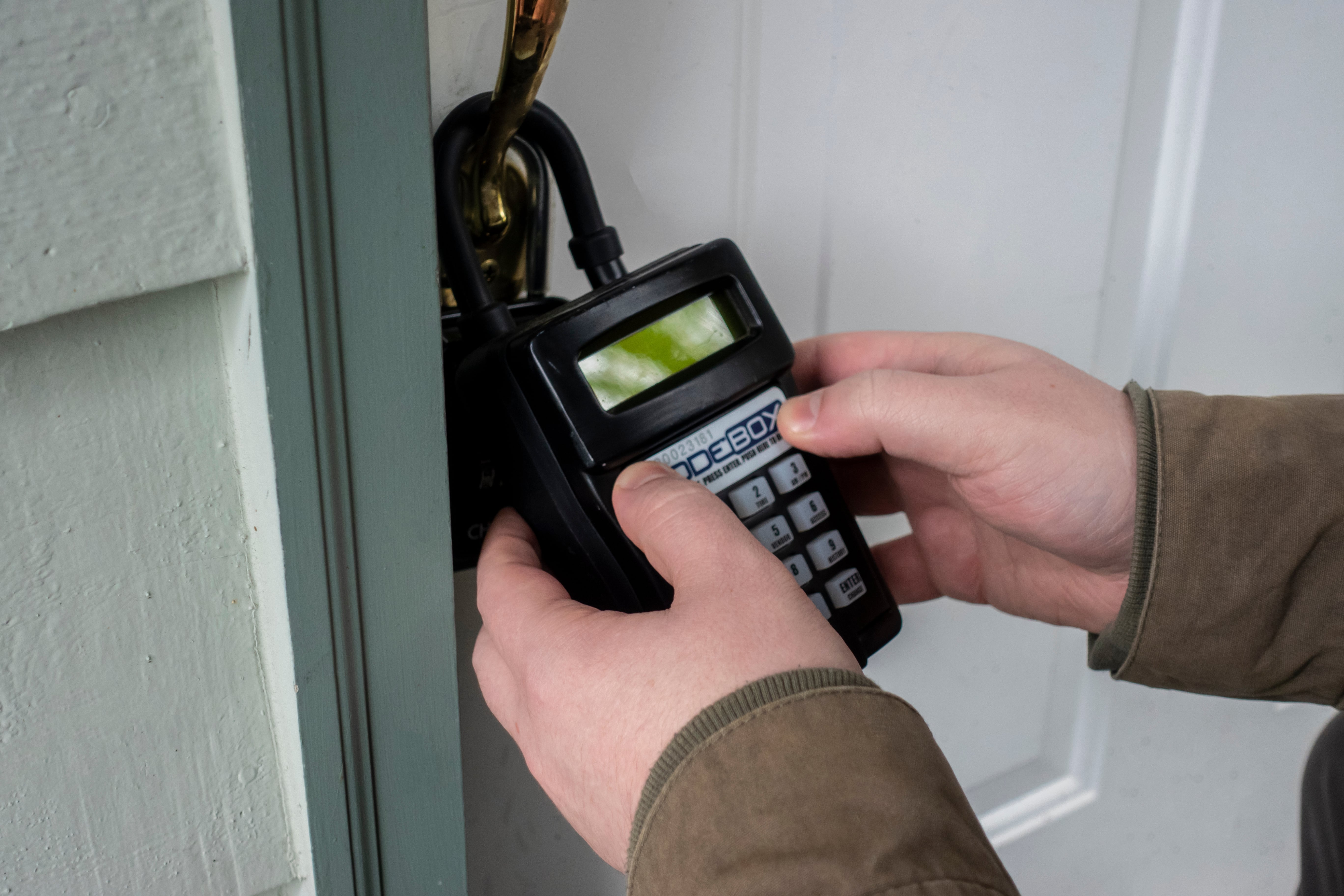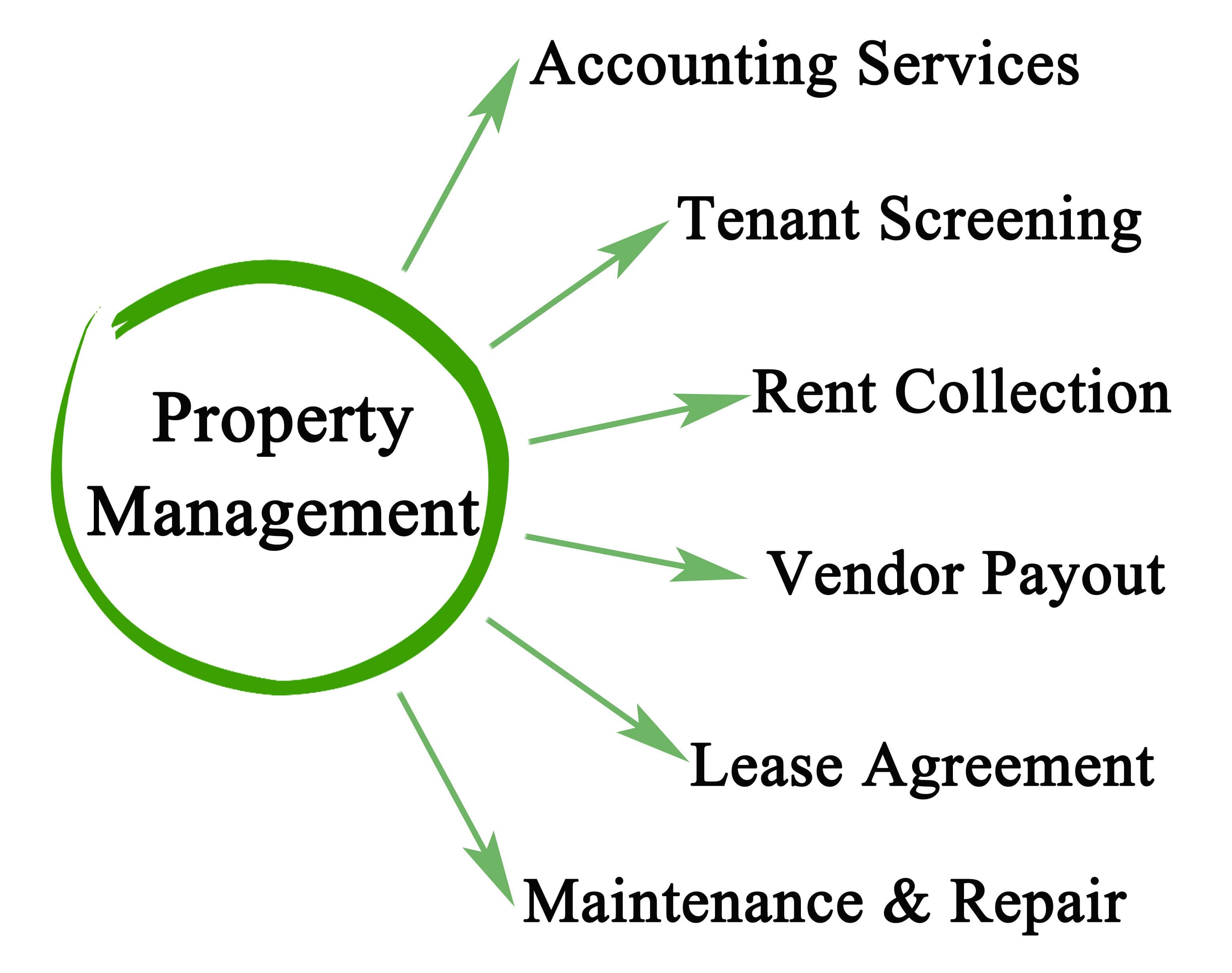What Do I Need to Be a Professional Property Manager?

Becoming a property manager can be a rewarding career choice. It offers a dynamic work environment and the opportunity to make a tangible impact.
But what does it take to get into the property management industry? This article aims to answer that question. We'll delve into the property manager requirements, providing a comprehensive guide for those interested in this profession.
If you are considering a property management job, this blog is for you! We'll explore the essential skills, educational pathways, and legal knowledge needed. We'll also discuss the importance of networking and staying updated with industry trends.
Whether you own a rental property or work as a real estate agent, this guide will help. It will provide you with the information you need to manage rental properties well.
Understanding the Role of a Property Manager

A property manager is the lifeline between property owners and tenants. They handle day-to-day operations, ensuring properties run smoothly and efficiently. This role is vital in maintaining the property's value and ensuring tenant satisfaction.
Key responsibilities of a property manager include:
- Coordinating maintenance and repairs
- Handling tenant inquiries and complaints
- Managing financial records and budgets
Effective property management requires strong organizational skills and keen attention to detail. With multiple responsibilities, a property manager must be adept at balancing diverse tasks efficiently.
Moreover, property managers are often responsible for marketing vacant properties. They set competitive rental rates and attract potential tenants. This marketing aspect is crucial in minimizing vacancies and ensuring steady cash flow.
Understanding the legal framework surrounding property management is also essential. Property managers must comply with local, state, and federal laws, safeguarding owners' interests and adhering to housing regulations. Thus, staying informed about legal changes is a non-negotiable part of the job.
The Property Management Industry Landscape
The property management industry is experiencing significant growth. Urban growth and increased property investments contribute to a rising demand for skilled property managers. This growth offers promising career opportunities for aspiring property managers.
Understanding the industry's landscape is essential for those entering the field. Residential, commercial, and industrial properties each present unique challenges and opportunities. Property managers must navigate these differences to succeed across diverse settings.
The demand for professional property management is expected to continue rising.
As more people invest in real estate, it will be important to have skilled property managers. They help maintain and increase the value of the property.
This trend provides a stable and rewarding career path for individuals with the right skills and dedication.
Essential Skills for Property Managers

Successful property managers possess a wide range of skills. These skills enable them to handle the complexities of managing various property types. A keen understanding of both practical and inter-personal skills is crucial.
Key skills include:
- Strong communication for tenant and owner interactions.
- Financial management to manage budgets, rents, and expenses.
- Problem-solving for addressing and resolving conflicts.
- Marketing skills for attracting and retaining tenants.
- Technological proficiency to utilize modern management software.
Communication is central to effective property management. Managers must clearly convey information and negotiate resolutions. Good communication helps maintain positive relationships with tenants and property owners.
Financial acumen is equally important. Property managers need to oversee budgets, manage rent collection, and ensure financial operations run smoothly. This requires critical thinking and knowledge of financial systems.
In addition, technology plays a role in improving efficiency. Being familiar with property management software helps in streamlining operations. It aids in record-keeping, tenant management, and financial reporting. Adopting these tools can optimize the property management process, ensuring success in an increasingly digital world.
Educational Pathways in Property Management
Embarking on a career in property management starts with understanding the educational prerequisites. These requirements vary across regions but generally focus on providing a strong foundation in real estate and management principles. While formal education is not always mandatory, it can significantly enhance career prospects.
Consider the following educational pathways:
- Associate or Bachelor's degree in real estate, business administration, or finance.
- Professional certifications from recognized industry bodies.
- Specialized courses in real estate law and property management technology.
Engaging in structured learning provides a competitive edge. Degrees and certifications demonstrate competence and commitment to professional growth. It also equips individuals with crucial knowledge of market trends and legalities.
Industry-related courses are another educational pathway. These courses often include subjects like tenant law, marketing, and property maintenance. Gaining comprehensive knowledge in these areas prepares budding property managers to tackle day-to-day challenges efficiently.
Degrees and Certifications
Obtaining a degree in related fields can be beneficial. Degrees in real estate, business, or finance lay the groundwork for a successful career. They cover critical areas such as law, accounting, and economics.
Certifications complement degrees by focusing on specialized skills. Organizations like the National Association of Residential Property Managers offer credentials. These certifications recognize expertise in property management and are highly regarded by employers.
Licensing Requirements
Property management often requires a formal license. Licensing varies widely among states and countries, making it crucial to know local requirements. In some regions, a real estate license suffices for property management duties.
The licensing process typically involves taking an exam. This test assesses understanding of relevant property laws and real estate practices. Passing this exam confirms a candidate's ability to handle property management responsibilities professionally.
Background checks are another common licensing prerequisite. These checks aim to ensure integrity and trustworthiness in managing others' properties.
Knowing the licensing rules is important for new property managers. It helps them follow the law and feel prepared for their jobs.
Legal Knowledge: A Must for Property Managers

Legal knowledge is crucial for property managers. Understanding property laws helps ensure compliance and avoid costly legal disputes. This involves being well-versed in local, state, and federal regulations.
Being familiar with fair housing laws is particularly important. These laws prevent discrimination and promote equal housing opportunities. Knowing these laws helps property managers create a fair environment for tenants.
Property managers must also navigate lease agreements carefully. Understanding terms and conditions are key to managing expectations and responsibilities. This legal acumen is essential to protect both the property owner’s and tenant's interests.
Additionally, staying updated on legal changes is vital. Property laws evolve, and property managers must adapt accordingly. Continuous learning and consultation with legal experts can provide valuable insights into these changes. This proactive approach helps mitigate risks and ensure smooth property operations.
Continuing Education and Professional Development
Continuous learning is pivotal in the property management field. Staying updated with industry trends and legal changes is vital for success. Education doesn't end with a degree or certification.
Property managers should engage in professional development opportunities. These opportunities help refine skills and expand knowledge. Many organizations offer resources and programs. Here are some options to consider:
- Attend property management workshops and conferences.
- Enroll in online courses focused on property management.
- Join professional associations like the NARPM for networking and learning.
These steps ensure you remain knowledgeable and effective in your role, fostering career growth.
Networking and Relationship Building

Building strong networks is crucial for property managers. Relationships with industry peers and clients boost success. Networking helps in gaining insights and learning best practices.
Attend industry events to connect with professionals. Join local real estate groups and participate actively. Engaging in these activities broadens your network and enhances career opportunities.
Good relationships with contractors, tenants, and property owners are essential. Effective communication builds trust and fosters positive interactions. A strong network supports solving challenges swiftly, benefiting your property management career.
Technology and Tools for Modern Property Management

Embracing technology is vital in today's property management landscape. Effective tools enhance productivity and streamline operations. Property managers should utilize technology to stay competitive.
Key tools include:
- Property Management Software: Automates lease tracking and rent collection.
- Virtual Tour Platforms: Facilitate remote property showings.
- Maintenance Management Systems: Streamline repair requests and contractor coordination.
These tools improve efficiency and provide better tenant experiences. Staying updated with technological advancements not only simplifies daily tasks but also adds value to your property management services.
Real-World Challenges and Solutions in Property Management

Property managers often face a variety of challenges that require quick thinking and problem-solving skills. One common issue is tenant disputes. These can arise from noise complaints or mis-understandings about lease terms. The key is to address them swiftly and fairly, using clear communication and mediation skills.
Maintenance issues are another frequent challenge. A broken appliance or leaky roof can lead to tenants not being satisfied. Maintaining a network of reliable contractors helps ensure repairs are addressed promptly. Regular property inspections can also prevent small problems from becoming major repairs.
Legal hurdles, such as evictions, present significant challenges. Complying with eviction laws is crucial to avoid legal repercussions. Preparing detailed documentation and understanding the legal process can make handling these situations smoother. By preparing for these challenges, property managers can enhance tenant satisfaction and maintain property value.
Conclusion: Building a Successful Career in Property Management

Embarking on a career as a property manager promises both challenges and rewards. We hope you take away tips for how to get started in property management. It requires a mix of skills, knowledge, and dedication. By focusing on continuous learning and professional development, you can stay ahead in this dynamic field.
Building strong relationships and embracing technology are pivotal for modern property managers. As you manage property, keep in mind that success comes from adapting to changes and striving for quality.
With the right approach, you can build a successful and satisfying career. You can make a positive impact on communities and the real estate industry.
Ready to Elevate Your Property Management Career?

At Allegiant Management Group, we understand the journey to becoming a professional property manager. Whether you’re just starting out or looking to advance your career, our team is here to support you with industry insights, best practices, and expert guidance.
- Are you a real estate professional looking to expand into property management?
- Do you own rental properties and need expert management solutions?
- Are you seeking mentorship and resources to grow in the industry?
Let Allegiant Management Group be your trusted partner in property management success. Contact us today to learn more about how we can help you navigate the industry with confidence!
📞 Call us at 407-557-3164
📧 Email us at support@amgrents.com
Frequently Asked Questions (FAQs): Becoming a Property Manager
How to become a property manager?
Become a property manager by earning a high school diploma, gaining relevant experience, and obtaining necessary licenses. Some states require a real estate or property management license. Certifications like CPM or CAM can boost credibility. Strong organizational and communication skills are essential for success in this role.
Do I need to get a license to be a property manager?
Most states require a property management license or real estate license to operate legally. Requirements vary by location, so check local regulations. Certifications like CPM or CAM can enhance credibility but are not always mandatory. Some states allow property managers to work under a licensed broker.
How do I gain experience in property management?
Gain property management experience by working as a leasing agent, assistant property manager, or real estate intern. Volunteering for HOA boards or managing rental properties also helps. Networking with industry professionals and obtaining certifications like CAM or CPM can improve job prospects.
What skills are essential for a property manager?
Essential property management skills include communication, organization, problem-solving, and financial management. Knowledge of leasing laws, maintenance coordination, and tenant relations is crucial. Strong negotiation, marketing, and customer service skills help attract and retain tenants. Technical proficiency in property management software improves efficiency.
How much do property managers earn?
Property managers earn an average salary of $50,000–$70,000 annually, depending on location, experience, and property type. High-demand markets and commercial properties offer higher pay. Some managers earn bonuses or commissions based on occupancy rates and property performance.
What are the daily responsibilities of a property manager?
Property managers handle rent collection, tenant communication, maintenance coordination, and lease enforcement. They oversee property inspections, budget management, and legal compliance. Marketing vacancies, screening tenants, and resolving disputes are also key tasks. Effective property managers ensure smooth operations and tenant satisfaction.
How can I advance in my property management career?
Advance in property management by gaining experience, earning certifications like RMP, CPM, or CAM, and expanding your portfolio. Networking, developing leadership skills, and staying updated on industry trends improve career prospects. Managing larger properties, specializing in commercial real estate, or starting a property management firm can increase opportunities.
What technology do property managers use?
Property managers use software like Rentvine, AppFolio, Buildium, and Yardi for rent collection, maintenance tracking, and financial reporting. CRM tools help with tenant communication, while smart home technology enhances security and efficiency. Digital marketing platforms assist in advertising vacancies and attracting tenants.
Blog Updated: 02/25/2025



